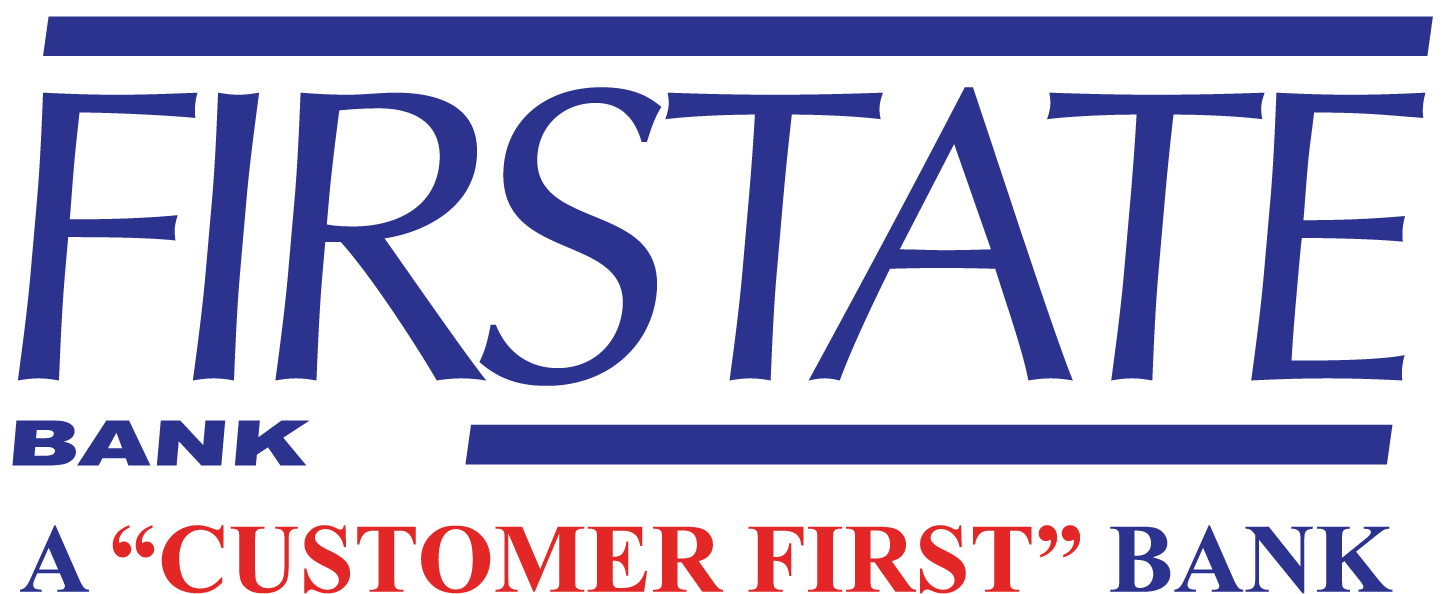What you need to know about overdrafts and overdraft fees.
An overdraft occurs when you do not have enough money in your account to cover a transaction, but we pay it anyway. We can cover your overdrafts in two different ways;
- We have standard overdraft practices that come with your account.
- We also offer overdraft protection plans, such as a link to a savings account, which may be less expensive than our standard overdraft practices.
This notice explains our standard overdraft practices. To learn more about our overdraft protection plans, please contact us.
What are the standard overdraft practices that come with my account?
We do authorize and pay overdrafts for the following types of transactions
- Checks and other transactions made using your checking account number
- Account bill payments
We do not authorize and pay overdrafts for the following types of transactions.
- ATM transactions
- Everyday debit card transactions
We pay overdrafts at our discretion, which means we do not guarantee that we will always authorize and pay any type of transaction.
If we do not authorize and pay an overdraft, your transaction will be declined.
Overdrafts must be repaid or covered within 30 days of when the overdraft occurred.
What fees will I be charged if First State Bank pays my overdraft?
Under our standard overdraft practices for consumers:
- We will charge you a fee of $33 each time we pay an overdraft
- You will not be charged more than four (4) overdraft/returned item fees per day


